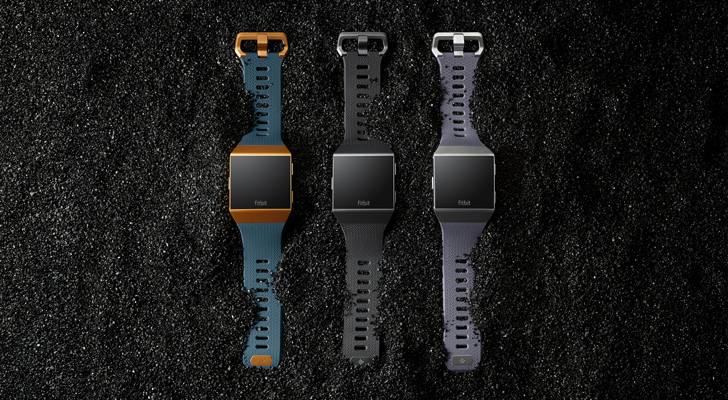So much for the smartwatch pivot from wearables maker Fitbit Inc (NYSE:FIT). Back in August 2017, Fitbit announced a new smartwatch called Ionic. Investors had high hopes for the new product. Fitbit stock rose sharply on the idea that Ionic would cause a surge in smartwatch sales that would be big enough to offset falling sales from basic wearables.
That never happened.
Instead, Ionic was a flop. It didn’t sell well during the all-important holiday season, and Fitbit continued to cede huge chunks of market share in the wearables market to smartwatch giants like Apple Inc (NASDAQ:AAPL).
Now, Fitbit stock languishes around all-time lows in the sub-$5 range.
Unfortunately, Fitbit stock will only head lower from here. Competition is ramping, and it won’t stop ramping anytime soon. More importantly, Fitbit lacks the competitive ecosystem necessary to fend off that rising competition, so revenues will be lucky to even stabilize at current levels. Same with margins.
All together, I think FIT stock is worth no more than $4 today. Here’s why.
The Fitbit Growth Narrative Is Broken
The Ionic smartwatch was supposed to save the day for Fitbit stock. Instead, it was a flop
. Apple continues to runaway with the smartwatch market, while Fitbit continues to lose market share in the wearables market.
Now, Fitbit is trying to make yet another comeback with a different smartwatch. This one, called the Versa, is supposed to have more mainstream appeal. And by that, Fitbit management apparently means it will look more like the Apple Watch.
But that doesn’t matter. The Versa will be a flop just like the Ionic because there really isn’t any reason for a consumer to buy a Fitbit smartwatch over an Apple Watch. The Apple Watch is supported by a broader Apple ecosystem that includes smartphones, tablets, and computers/laptops.
For a consumer, keeping all your consumer tech products in the same ecosystem makes sense for enhanced connectivity.
Thus, if you have an iPhone and are looking for a smartwatch, you are probably going to buy an Apple Watch.
That is bad news for Fitbit. Fitbit doesn’t have an ecosystem that is robust enough to compete with the likes of Apple. Thus, Fitbit will continue to cede market share to Apple and others as the smartwatch market continues to evolve.
Considering this dynamic and that Fitbit still owns 14% global market share, the company will be lucky to maintain its current revenue base over the next several years.
Valuation On Fitbit Stock Isn’t Cheap Enough
Best-case scenario, Fitbit maintains its current $1.6 billion revenue base over the next 5 years. Gross margins should head higher due to a more favorable product mix from a higher proportion of smartwatch sales. So long as revenue growth remains stagnant, management will remain focused on removing operating expenses, and the opex rate should fall.
All together, a 5% operating margin (versus -12% last year) seems achievable in a best-case scenario in 5 years. A 5% operating margin on $1.6 billion in revenues implies $80 million in operating profits. Assuming a 26% effective tax rate and 250 million diluted shares, that leads to roughly $0.24 in earnings per share.
A market-average 25-times multiple on those earnings implies a 5-year forward price target of $6. Discounting that back by 10% per year, I arrive at a present value of under $4.
Bottom Line on FIT Stock
This is a broken stock with broken fundamentals and a broken growth narrative. The only way this stock heads materially higher over the next several years is through subscription services (getting its active users to pay for things like Fitbit Coach) and data licensing (partnering with healthcare providers and giving them data on users). But because Fitbit only has 25 million active users, size limits how big either of those businesses can get.
Without those catalysts, there isn’t much to like about Fitbit stock. At best, FIT stock is worth less than $4. Thus, with the stock trading above $4 currently, I’m still not interested in buying the dip in this broken name.
As of this writing, Luke Lango was long AAPL.

